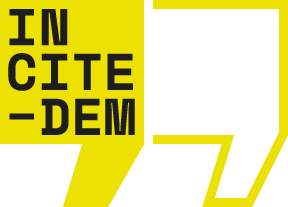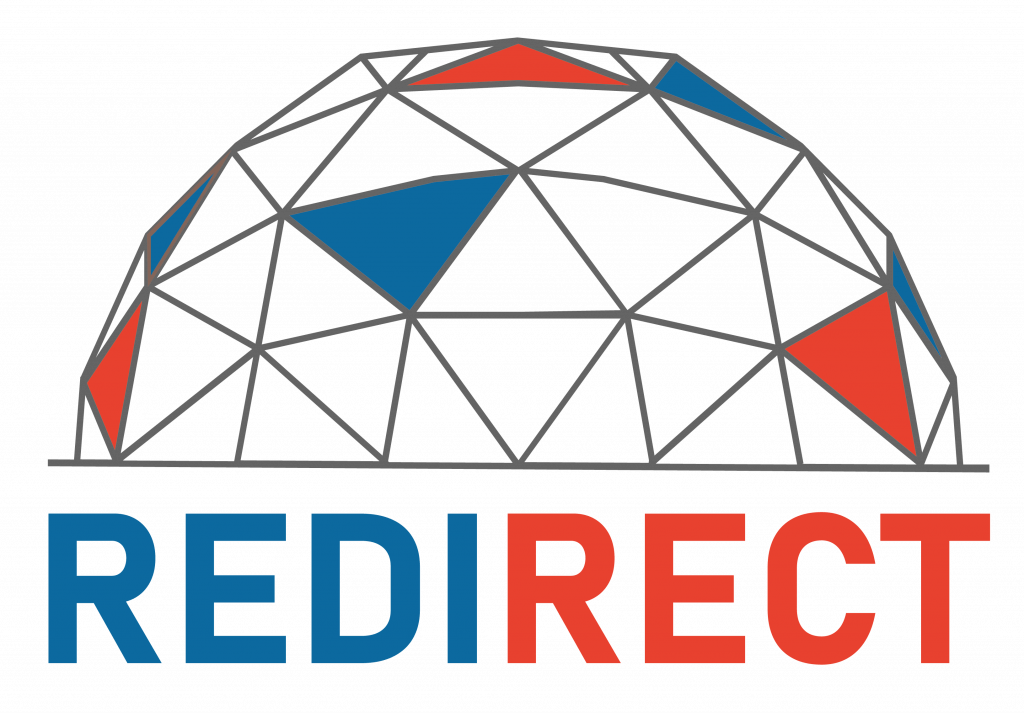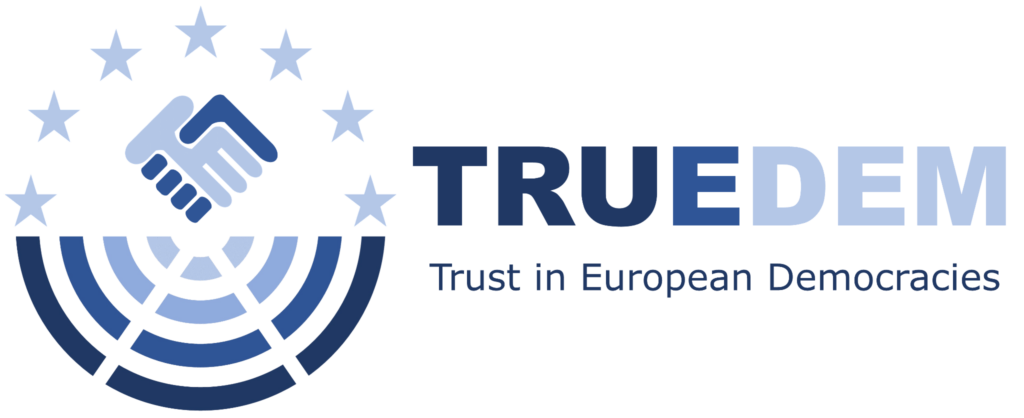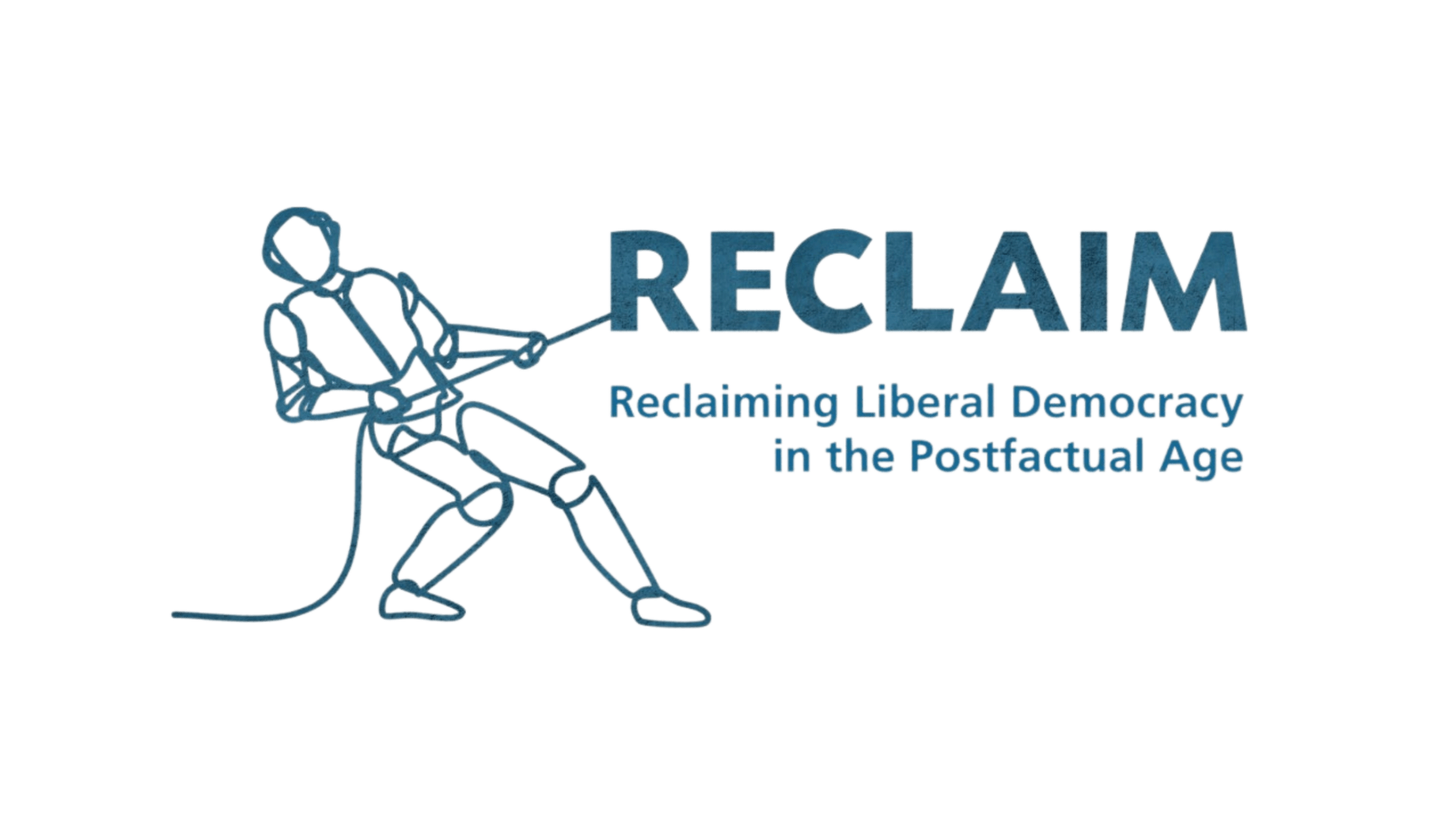REDIRECT: The REpresentative DIsconnect: diagnosis and strategies for RECTification
This Project studies the current transformation of democratic polities in Europe, to realise whether and how their centres of gravity are shifting, and to improve our understanding of the “representative disconnect” – a multidimensional phenomenon of regression of the demos-kratos linkage involving institutional, behavioral and affective components.
PERITIA was an EU-funded project that investigated public trust in expertise.
In a world that is increasingly reliant on knowledge and scientific evidence, trust in expertise is crucial to the achievement of progress as well as to our well-being. We need experts to help policymakers and citizens take the correct decisions when it comes to such important areas as our health or climate change.
EnTrust is a multidisciplinary and international research project dedicated to provide novel insights into trust and distrust in governance and measures to support sustainable and democratic societies in Europe. It consists of a consortium of seven research teams from the Czech Republic, Denmark, Germany, Greece, Italy, Poland and Serbia with expertise in sociology, psychology, political science, media and communication studies, as well as a civil society practitioner active at the EU level.
BRaVE: Building Resilience against Violent Extremism and Polarisation
The BRaVE Project is made up of a consortium of experts from universities and civil society organisations from across Europe, exploring how and why violent extremism develops and what we can do to best respond to it. It will particularly focus on the role of three sets of factors in providing fertile ground for extremism and polarisation to grow, or conversely in helping to build resilient and cohesive communities: historical and cultural factors; real and perceived socio-economic inequalities; and media discourses, particularly social media communication ‘bubbles’.
DEMOS: Democratic Efficacy and the Varieties of Populism in Europe is a research and innovation project studying populism and its impacts on democracy. Funded by the EU Horizon 2020 Framework Programme, the project is carried out by 15 partner institutions in Europe and involves 10 scientific disciplines. DEMOS investigates the phenomenon of populism through the lenses of democratic efficacy. The idea combines attitudinal features (political efficacy), political skills, knowledge, and democratic opportunity structures. A novelty, democratic efficacy is understood as a condition of political engagement needed to address the challenges of populism.
The research project Reclaiming Liberal Democracy in the Postfactual Age (RECLAIM) is a three-year project funded by the EU’s Horizon Europe progamme. The RECLAIM project aims to put forward new definitions, methods and toolkits as to how to analyse and respond to various expressions of information disorder on today’s democracy. The aim of the project is to analyse disinformation in Europe and use the results to advise on policy making, education and actions to react to the negative effect of disinformation on democratic discourse and the basic structure of modern liberal democracy.
AUTHLIB: Neo-Authoritarianisms in Europe and the Liberal Democratic Response
The Horizon project AUTHLIB investigates the sources and implications of the normative divergence from the model of liberal democracy in Europe. It is based on the premise that liberal democracy faces not one ideological challenge but many. Against that background, it carefully and systematically explores the varieties of illiberalism and their appeal, in their contemporary forms and historical appearances, in opposition and in power, in the domestic political arena and at the level of international networks.










